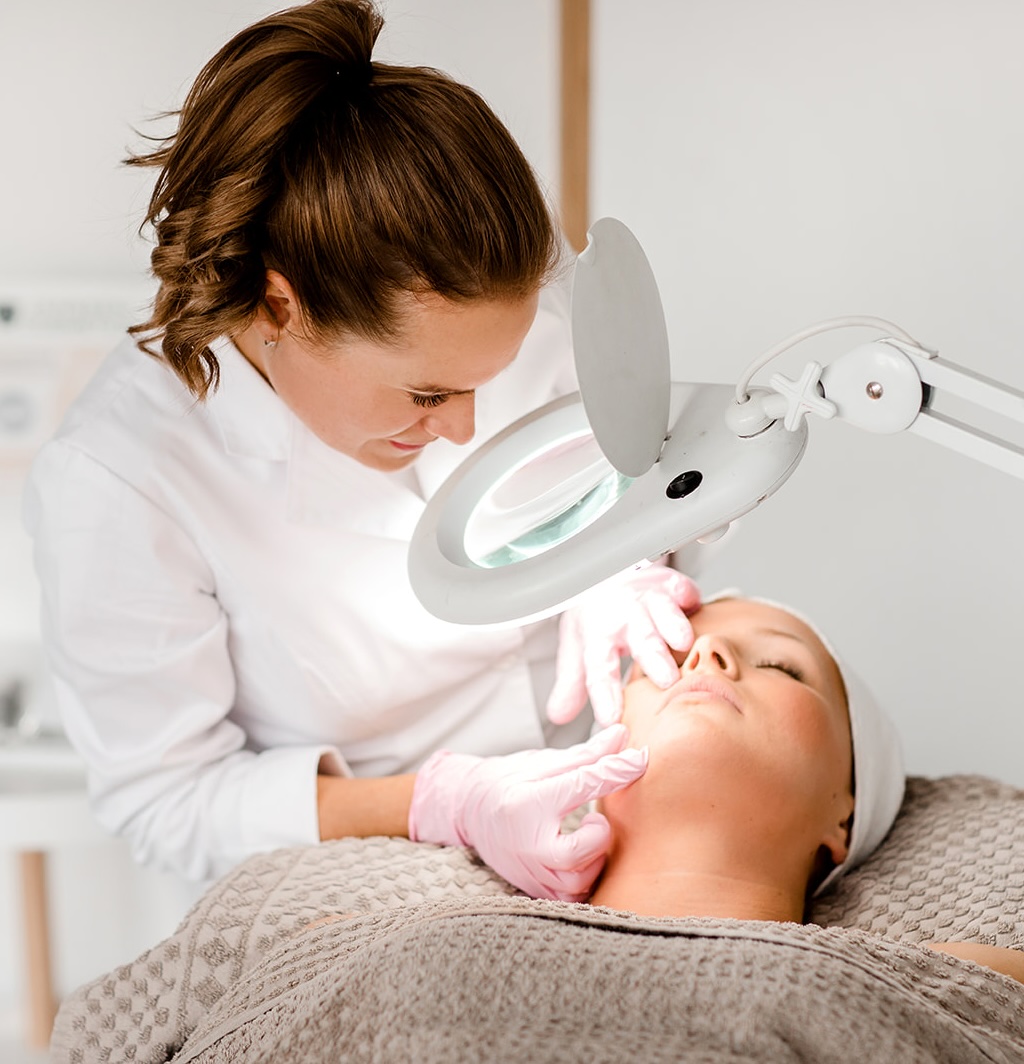Skinportant Skin Clinic is proud to be a member of British Association of Beauty Therapy & Cosmetology (BABTAC). This allows us to confidently provide sufferers with the correct and accurate information, help and support in achieving the best results from their treatment.
We understand at Skinportant Skin Clinic that acne can have a significant psychological impact on the sufferer. We only offer treatments which have clear and strong evidence of their effectiveness. Alternative medical treatments e.g. long-term oral antibiotics will be available via your GP and our doctors can discuss these options with you as well.
Many of our patients who have enjoyed highly satisfying skin clearance, have reported that it took them months or even years to seek alternative treatments such as skin peels, due to misconceptions they had. Not all peels are the same, just as not all cosmeceuticals are or indeed IPL machines.
We can now offer 3 key treatments to combat the processes in your skin causing acne including Acne Facial, IPL and micronddeling. With over 35 years of combined clinical experience, our team has confidence in the world-class products we offer. If you are suffering from skin problems such as acne, please do come and see us for a no-obligation skin consultation with our non-medical aesthetician. Even if it’s just to get some sensible and balanced advice about how to better manage your skin and the treatment options we have available to help you achieve clearer skin. There is no obligation to book any treatments.

